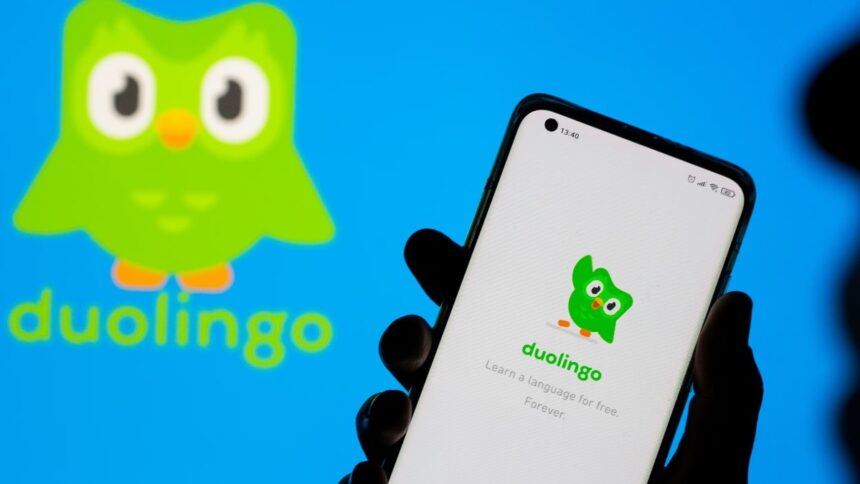Duolingo is embracing an AI-driven future, with plans to phase out contractor roles that can be handled by artificial intelligence, according to an internal memo from co-founder and CEO Luis von Ahn. The announcement, shared publicly via LinkedIn, signals a significant operational shift as the company officially adopts an “AI-first” approach.
In his email, von Ahn outlined that the pivot would require Duolingo to “rethink much of how we work,” stressing that simple tweaks to existing systems would no longer be enough. “Making minor tweaks to systems designed for humans won’t get us there,” he wrote.
Among the changes, Duolingo will gradually stop using contractors for AI-manageable tasks, factor AI usage into hiring and performance evaluations, and approve new headcount only if a team cannot further automate its work.
Von Ahn emphasised that the move isn’t about replacing employees, known internally as “Duos,” with AI but about removing bottlenecks. “We want you to focus on creative work and real problems, not repetitive tasks,” he added. “AI isn’t just a productivity boost. It helps us get closer to our mission.”
He pointed out that teaching at scale requires massive amounts of content creation, which manual processes cannot match.
“Without AI, it would take us decades to scale our content to more learners. We owe it to our learners to get them this content ASAP,” von Ahn said.
The shift echoes similar sentiments from other tech leaders, including Shopify CEO Tobi Lütke, who recently mandated that teams justify new hires by proving tasks cannot be automated with AI.
Von Ahn compared the current AI evolution to Duolingo’s early bet on mobile-first development in 2012, which led to the app being named iPhone App of the Year in 2013. “Betting on mobile made all the difference. We’re making a similar call now, and this time the platform shift is AI,” he stated.
While the company acknowledges that adapting AI across all functions will take time, von Ahn stressed the urgency of embracing the shift rather than waiting for “perfect” technology: “We’d rather move with urgency and take occasional small hits on quality than move slowly and miss the moment.”
As part of the transition, Duolingo promises additional training, mentorship, and AI tools for its teams, reaffirming its commitment to employee development even as it accelerates automation.








